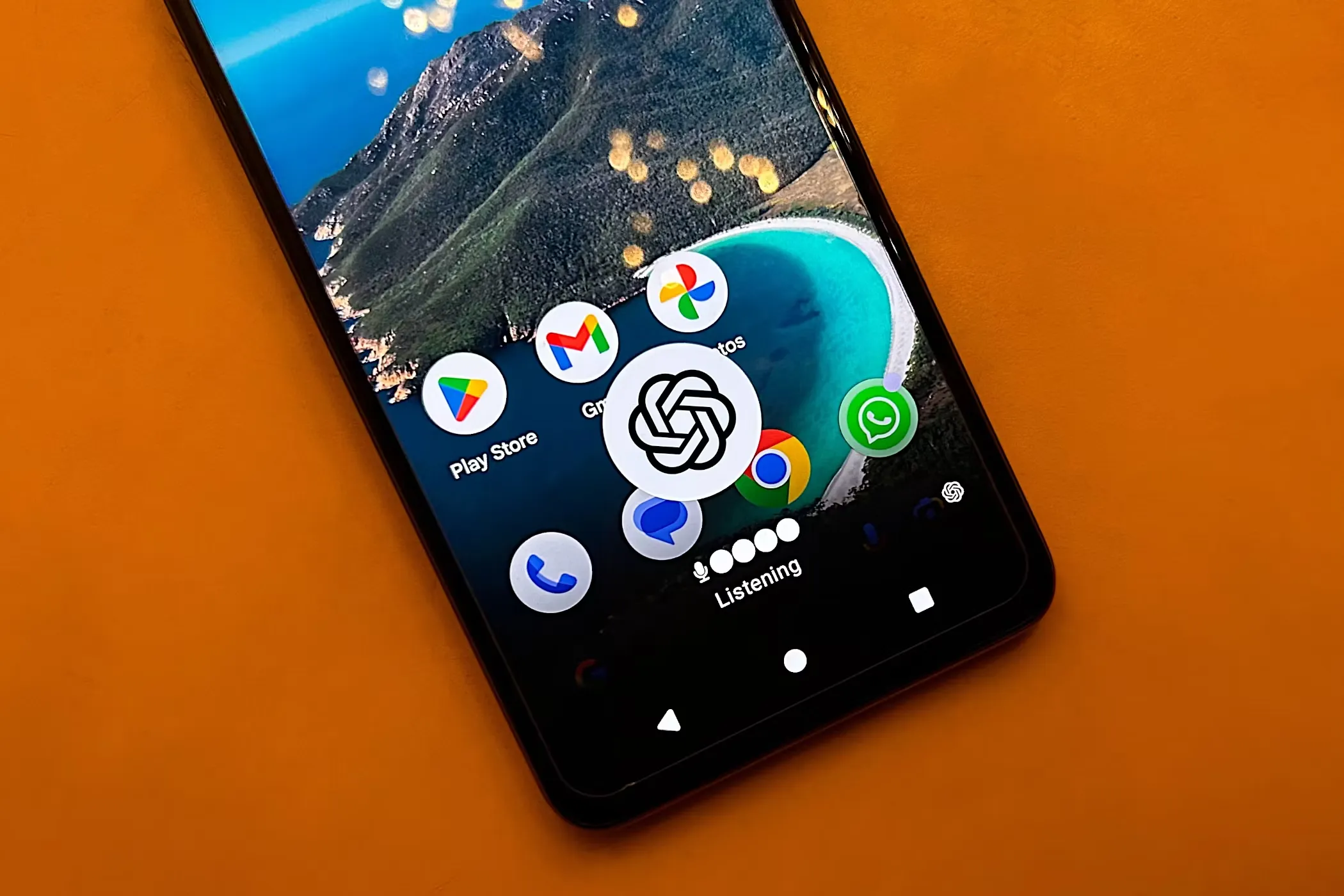In a stunning display of technological prowess, OpenAI recently unveiled ChatGPT-4o, its latest iteration of the groundbreaking ChatGPT series. This new model introduces a voice mode that seems poised to redefine the landscape of voice assistants, potentially leaving industry giants like Apple scrambling to catch up.

The Evolution of Voice Assistants: OpenAI’s Bold Move
ChatGPT-4o, as OpenAI calls it, is a leap forward in the world of voice assistants. It brings the kind of conversational fluidity and emotional range that Apple’s Siri and Amazon’s Alexa seem to lack. With this new technology, users don’t need to utter specific “wake words” or commands, a stark contrast to the operational demands of Siri.
At a recent tech event, OpenAI CTO Mira Murati showcased the capabilities of ChatGPT-4o’s voice mode. The assistant can handle a natural back-and-forth dialogue, demonstrating emotions from excitement to sarcasm—something users have long desired but found lacking in other assistants. The demonstration, although controlled, was impressive enough to draw comparisons to the lifelike assistant featured in the movie “Her,” a parallel that even OpenAI CEO Sam Altman humorously acknowledged on Twitter.

Apple’s Jealous Glance: Siri’s Shortcomings Highlighted
For over a decade, Siri has been a familiar voice on Apple devices, assisting with everything from setting alarms to finding directions. However, its limitations have become more apparent, especially when compared to the advancements represented by ChatGPT-4o. Apple’s voice assistant requires explicit commands to activate and often struggles with maintaining natural conversational flows.
GPT-4o is insanely cool.
If you go into Voice commands you can run a shortcut to bring up ChatGPT.
“And yes my command is Better Assistant” pic.twitter.com/mlTZAGw13q
— Konner Moshier (@KonnerMoshier) May 13, 2024
Recent reports from The New York Times reveal that Apple executives are already feeling the heat. After experimenting with ChatGPT last year, they ordered a comprehensive overhaul of Siri. This move suggests that Apple is aware of its assistant’s shortcomings and the competitive edge OpenAI has gained with its latest release.
The Competitive Edge: OpenAI vs. Apple
While OpenAI’s new model could signify a major shift in user preferences, Apple holds a significant advantage—the widespread adoption of Siri across its device ecosystem. Siri’s integration into iPhones means that it remains conveniently at the fingertips of millions of users worldwide.

However, the advancements in ChatGPT-4o might prompt current users to reconsider their loyalty, especially if they seek a more intuitive and emotionally responsive assistant. Apple will need to innovate rapidly to maintain its competitive position in the market.
In conclusion, OpenAI’s ChatGPT-4o has set a new benchmark for what users can expect from voice assistants. While Apple may currently enjoy the advantage of market penetration, the impressive capabilities of ChatGPT-4o suggest that the landscape of voice assistant technology is evolving. With both companies striving to push the envelope, the next few years will be crucial in determining who will lead the race in creating the most human-like and versatile voice assistants.










